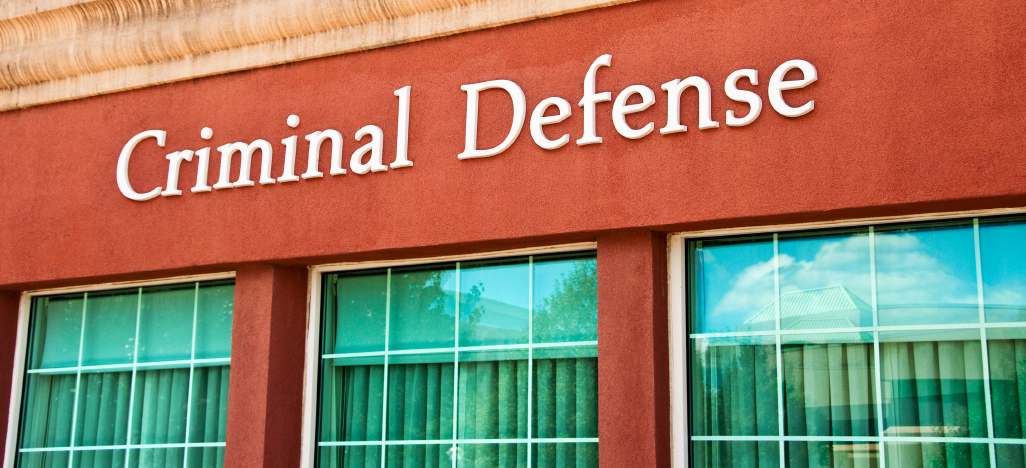In light of the Trayvon Martin tragedy and the subsequent trial of George Zimmerman, understanding self defense is a hot button topic not just  in Florida, but nationwide. Understanding how self-defense is implemented can mean the difference between an acquittal or a long prison sentence.
in Florida, but nationwide. Understanding how self-defense is implemented can mean the difference between an acquittal or a long prison sentence.
2C:3-4 – The use of force in self-protection
Under New Jersey law, it is justifiable to use force against another person if you have a reasonable belief that the use of force is immediately necessary when protecting yourself against unlawful force.
Note this caveat regarding “unlawful” force; it is illegal to use force against a peace officer performing his or her duty in arresting you even if that arrest is unlawful (and that’s a matter for the courts, not something you want to start a debate about in the middle of an arrest). The only exception is if that officer of the peace, while unlawfully arresting you, employs unlawful force to do so.
A person defending their property has a limited right to use force in that defense. If Mr. Doe is the lawful owner of a car, and Mr. Alias attempts to steal the car, Mr. Doe can employ force to prevent this. If Mr. Alias fights back, he cannot claim self-protection, as he knew that Mr. Doe, the car’s rightful owner, was acting in the interest of protecting his property.
However, if earlier in the day, Mr. Alias had witnessed Mr. Doe steal his car, Mr. Alias could use force to take it back as per 2C:3-6, wherein he must first request that Mr. Doe get out of his car, return his keys, and cease interfering with the car in any way so that everyone can go home and put this day behind them. If Mr. Doe doesn’t heed this request, Mr. Alias is justified in using reasonable force to recapture his lawful property.
The most common use of the justification defense, however, comes in the form of the right to defend oneself when one reasonably believes that one is in danger of death or serious bodily harm. This is a justification even for the use of deadly force. A number of exceptions and rules govern the use of deadly force in self-defense situations.
If Mr. Alias, in a fit of rage over Mr. Doe’s theft of his car, reaches into his coat pocket, pulls out a knife, and charges at Mr. Doe with it, this could reasonably provoke a similar response. Mr. Doe unsheathes his sword and moves to engage Mr. Alias. A brief but violent scuffle later, Mr. Alias emerges, and Mr. Doe lies slain. Mr. Alias cannot use a justification of self-defense here, as his initial use of a deadly weapon provoked the use of force against himself.
The laws governing self-defense are highly complex. If you have been involved in a violent incident, you need legal representation to make the best case possible and ensure that your side of the story is heard in court. To learn how self-defense may impact your criminal case feel free to contact The Morano Law Firm at 201-598-5019 or email us at [email protected] for a free consultation.

